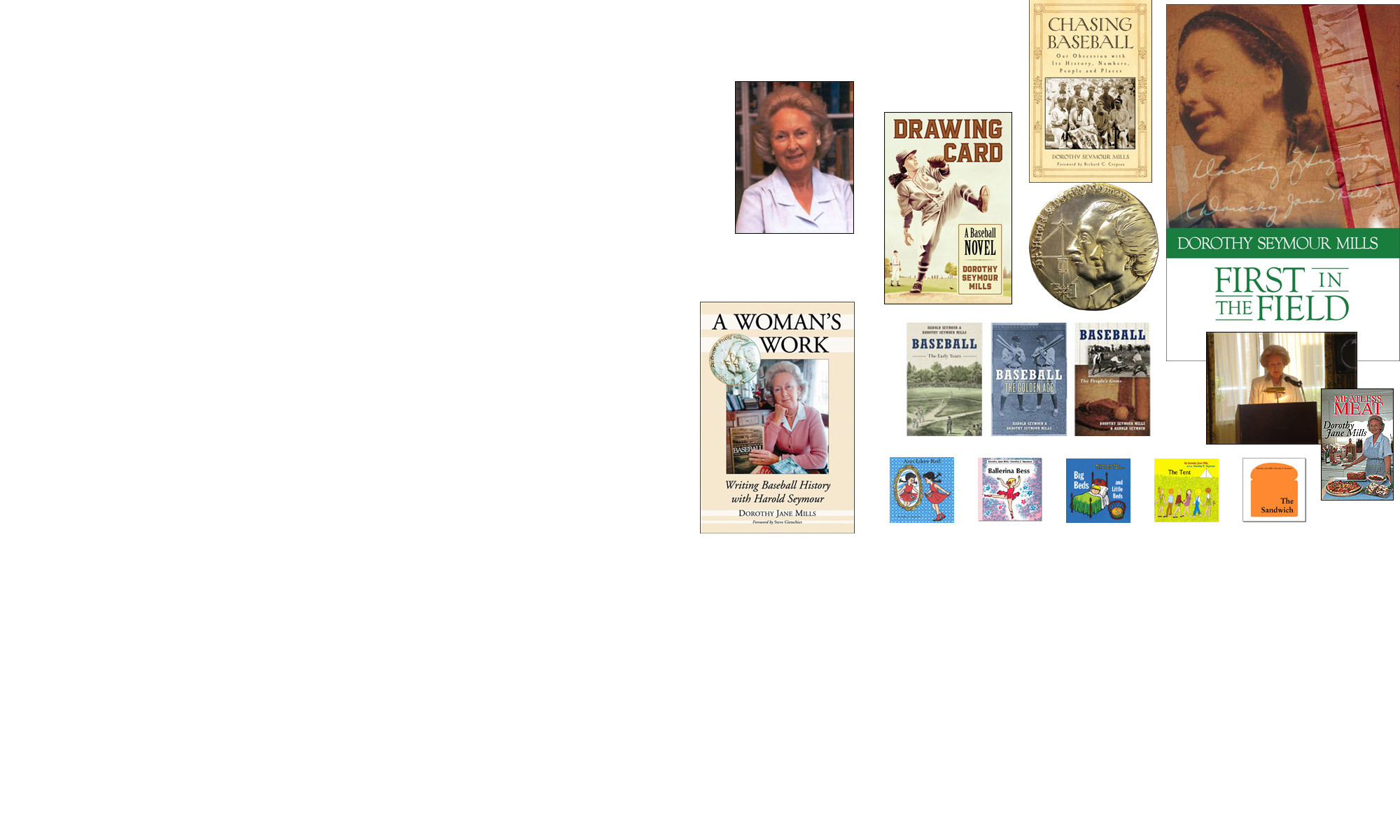It’s always refreshing to discover that a person known to history did normal things as a child. I have just discovered, for example, that Alice Stone Blackwell, a 19th-century Boston activist and the daughter of two famous woman suffragists, played baseball as a teenager.
Alice, who was 14 in 1872, attended the Harris Grammar School, where she played baseball at recess. In the fall of 1873 her parents (Lucy Stone Blackwell and Henry Blackwell) transferred her to a private co-ed prep school called the Chauncy Hall School. When spring came, there she again played baseball.
At first Alice knew little about playing the game. On April 10, 1872, she wrote in her journal about playing catch with classmate Sadie Wilson and others at recess, which in those days lasted for two hours. Then Sadie asked Alice to join her planned “base ball party” later in the schoolyard, adding that she was sure Alice would “make a good player.” But when the game began, Alice discovered (she wrote ruefully) that she was “absolutely and utterly ignorant of the game,” so she stood aside and watched Sadie, whose movements were “beautiful and graceful.”
Alice’s assessment of her own abilities, as represented in her journal, were prone to exaggeration. She often judged herself lacking in skills that she actually possessed, so she may have been less ignorant of the game than she described herself. Probably, she simply came to the realization that baseball was more complicated than she had thought.
In any case, Alice must have been a quick learner, because after that she often wrote in her journal that she “played ball at recess,” sometimes two days in a row, during April, May, and June, despite very hot weather. These notations were unaccompanied by descriptions of her skill or lack of it, so she probably performed adequately — at least, in her own judgment.
The following spring, 1873, having enrolled at her new private school, she found the same game being pursued at recess, where she reported playing baseball on May 6 and May 15. The journal ends on April 27, 1874, without further mentions of baseball.
The institutions Alice attended were co-ed schools, where boys far outnumbered girls, doubtless because in the 1870s some parents remained unconvinced that girls needed the same education that boys did. Perhaps it was boys who initiated the baseball games, but the girls were certainly included and even planned after-school games for themselves. They also took part in girls’ drill teams, complete with guns. Drill teams enjoyed great popularity in this era of Reconstruction. The boys’ drill teams performed separately from the girls’ and engaged in competition with other boys’ teams, probably representing different Boston schools. The baseball games appeared to remain co-ed or mostly co-ed.
Alice Stone Blackwell grew up to graduate from Boston University, to take over her mother’s work as editor of the influential Woman’s Journal, to hold offices in all the major suffrage organizations, to become a good speaker on forward-looking causes, to write books, and to found an institution that helped poor women improve their health. Perhaps learning to play baseball was a start in that direction.
Alice’s journal can be found in a book called Growing Up in Boston’s Gilded Age; The Journal of Alice Stone Blackwell, 1872-1874, edited by an Oberlin scholar named Marlene Deahl Merrill and published in 1990 by Yale University Press.
